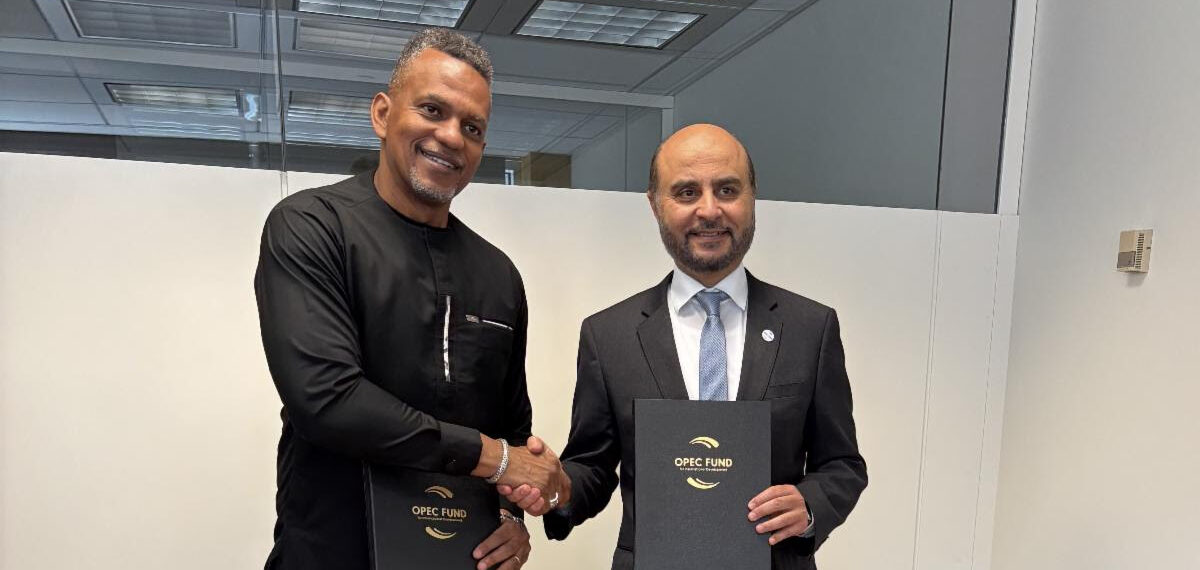The Caribbean Development Bank (CDB) has solidified a landmark partnership with the OPEC Fund for International Development by signing a Memorandum of Understanding (MOU). This collaboration is designed to enhance financial opportunities and accelerate sustainable development across the Caribbean region. The agreement facilitates joint financing and co-financing initiatives in critical areas such as climate resilience, renewable energy, infrastructure, food security, trade financing, and youth development. It also underscores the importance of knowledge sharing, technical assistance, and capacity-building to empower Borrowing Member Countries (BMCs) with innovative solutions and expanded resources.
The MOU was formalized during a signing ceremony last week, coinciding with the International Monetary Fund-World Bank Annual Meetings in Washington D.C. CDB President Mr. Daniel Best emphasized the transformative potential of such strategic alliances. ‘Multilateral development banks must unite their expertise, resources, and priorities to address global challenges effectively and advance the Sustainable Development Goals. This partnership exemplifies the power of collaboration in creating lasting, positive change for the Caribbean,’ he stated.
The agreement outlines a framework for joint project development, technical assistance programs, and regional dialogues to promote inclusive and environmentally sustainable growth. Key focus areas include climate-smart agriculture, water security, digital connectivity, and private sector development, all aligned with CDB’s mission to enhance resilience and reduce poverty.
Mr. Best highlighted the partnership’s potential to unlock unprecedented opportunities for BMCs. ‘By combining the OPEC Fund’s global influence with CDB’s regional expertise, we can accelerate investments in infrastructure, climate adaptation, and human development. This will pave the way for a sustainable, inclusive, and prosperous future for the Caribbean,’ he added.
Additionally, the alliance is expected to bolster youth empowerment, vocational training, and innovative financial mechanisms such as debt-for-sustainability swaps and blue economy initiatives. These efforts will further cement the Caribbean’s leadership in climate resilience and sustainable development.
